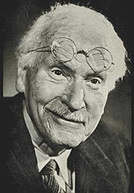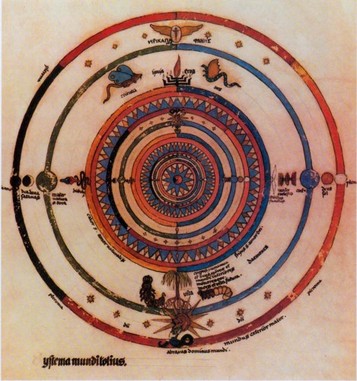"Your vision will become clear only when you can look into your own heart.
Who looks outside, dreams; who looks inside, awakens." C. G. Jung
 C.G. Jung (1875-1961)
C.G. Jung (1875-1961)
Jungian psychotherapy, also known as analytic psychology, is a psychotherapeutic practice based on the works of a Swiss psychiatrist, C. G. Jung. Some of the familiar Jungian psychological concepts that has entered into the mainstream culture of today are extraversion/introversion, archetypes, complexes, persona, and individuation. His notable psychological theories are also foundational for the development of Alcoholics Anonymous (AA), Myers-Briggs Indicator Types (MBTI), art therapy, and Dreamwork.
C. G. Jung was a courageous explorer of the unchartered, complex terrains of human nature. His profound ability to appreciate the boundless power of creative human imagination and its firm place in the field of psychology has enriched the practice of therapy immensely. In doing so, he had opened the door for therapists to emphasize the importance of creativity and imagination within a therapeutic setting. Jung elaborated further that our instinctive will to express and to seek spirituality must be fulfilled in order for us to thrive as individuals.
The process of personal maturing, in Jungian psychology, is called "individuation". It is a psychological process of nurturing one's own unique authenticity. Individuating signifies a willing and ethical engagement between the varied, less familiar aspects of one's personality, i.e, Unconscious and the ego consciousness. Its aim is to sort out and reorganize one's personality structure to reveal the intention of one's psyche, freed from the definition of the collective values and standards. The process of individuating is ongoing and cyclical throughout one's lifetime. We have a series of opportunities in life to choose to encounter, face, and align body with mind and soul with compassion and love.
C. G. Jung was a courageous explorer of the unchartered, complex terrains of human nature. His profound ability to appreciate the boundless power of creative human imagination and its firm place in the field of psychology has enriched the practice of therapy immensely. In doing so, he had opened the door for therapists to emphasize the importance of creativity and imagination within a therapeutic setting. Jung elaborated further that our instinctive will to express and to seek spirituality must be fulfilled in order for us to thrive as individuals.
The process of personal maturing, in Jungian psychology, is called "individuation". It is a psychological process of nurturing one's own unique authenticity. Individuating signifies a willing and ethical engagement between the varied, less familiar aspects of one's personality, i.e, Unconscious and the ego consciousness. Its aim is to sort out and reorganize one's personality structure to reveal the intention of one's psyche, freed from the definition of the collective values and standards. The process of individuating is ongoing and cyclical throughout one's lifetime. We have a series of opportunities in life to choose to encounter, face, and align body with mind and soul with compassion and love.
"I am not what happened to me, I am what I choose to become." C.G. Jung
